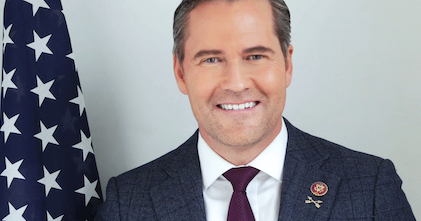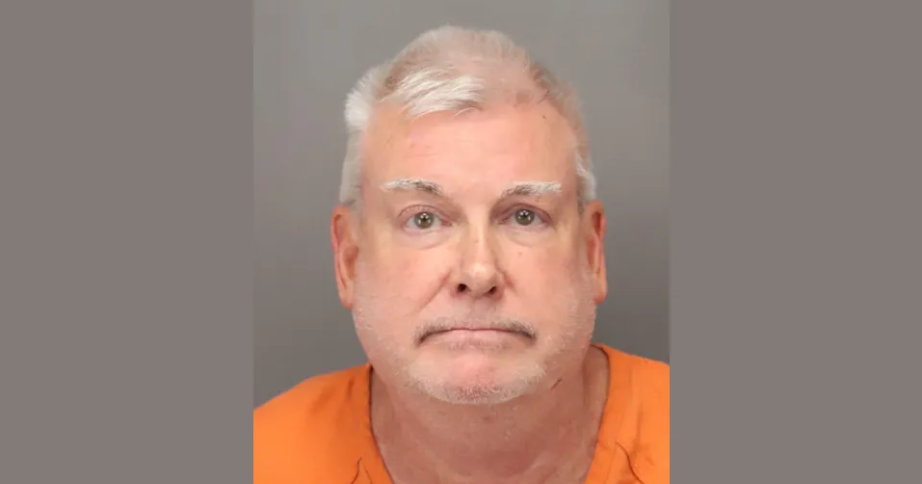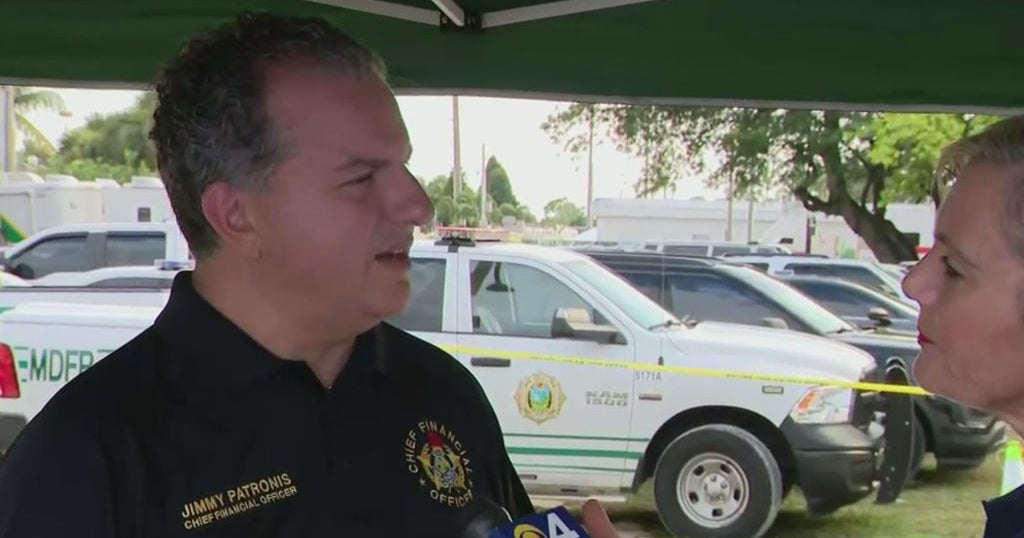FL Supreme Court Signs Off On Plan To Eliminate Judges In Foreclosure Cases
TALLAHASSEE (CBS4/AP) — The Florida Supreme Court changed the way the state deals with foreclosure cases clogging up courtrooms Thursday.
All seven justices signed off on a plan to use lawyers, not judges, to handle the tens of thousands of pending cases.
The order, which authorizes the use of "general magistrates," called the move a "vehicle to provide additional judicial resources to efficiently process those cases."
But it was quickly criticized by lawyers who represent homeowners battling foreclosures.
Matt Weidner, a St. Petersburg attorney, called it an "attack on consumers." He said people dealing with the possible loss of their homes deserve to have their cases heard by judges who are responsible to voters.
"Florida consumers need more judges and a properly funded court system, not band aids, stop gap measures and magistrates," Weidner said in an email.
Florida — which has had one of the nation's highest foreclosure rates since the start of the Great Recession — has strained to deal with the number of foreclosures filed across the state. A recent report by a workgroup put together by the state court system estimated that nearly 400,000 cases are now pending in the state and 700,000 more could arise over the next three years.
The state has turned to senior judges to help with the workload, but a recent change to state retirement laws means that a judge must wait a year after retirement before returning to the courthouse. That led a group of judges and administrators to petition the Supreme Court in April to take the emergency step of authorizing the use of non-judges.
The Florida Legislature recently passed a bill (SB 1852) that authorized spending nearly $31 million to help pay for ways to reduce the backlog of foreclosure cases.
State Courts Administrator Lisa Goodner noted that one judicial circuit based in Gainesville is already using magistrates to process foreclosure cases. She also pointed out that final orders issued by magistrates must still be reviewed by a judge before becoming final.
But a key part of the state Supreme Court order is that homeowners could have their case automatically assigned to a non-judge unless they object within 10 days.
The Supreme Court ruling also states that lawyers who are appointed to handle foreclosure cases cannot practice the "same case type" of law in the county where they work as a magistrate.
"The fact that they expressly forbid attorneys that practice in the complex area of foreclosure law shows a total lack of regard for the complexities of foreclosures and further disrespects the rights of consumers," Weidner said.
The court's order comes right after the Florida Legislature approved a bill dealing with foreclosures. The measure would make banks prove in more detail that they own a mortgage or explain why they can't prove ownership. But it also creates a process for others besides mortgage-holders to ask the court to speed up foreclosure cases.
Supporters contend the bill (HB 87) would rejuvenate the housing market, but Sen. Darren Soto is already calling on Gov. Rick Scott to veto the legislation. Soto, D-Orlando and an attorney, sent a letter to the governor calling the bill a "green light to target homeowners already under siege."
Soto, however, is not as skeptical of the court's decision as Weidner. He said too many homeowners currently get only a few minutes with a judge before their case is decided.
"If it gets a more meaningful review it could be a good thing," Soto said.
(TM and © Copyright 2013 CBS Radio Inc. and its relevant subsidiaries. CBS RADIO and EYE Logo TM and Copyright 2010 CBS Broadcasting Inc. Used under license. All Rights Reserved. This material may not be published, broadcast, rewritten, or redistributed. The Associated Press contributed to this report.)



